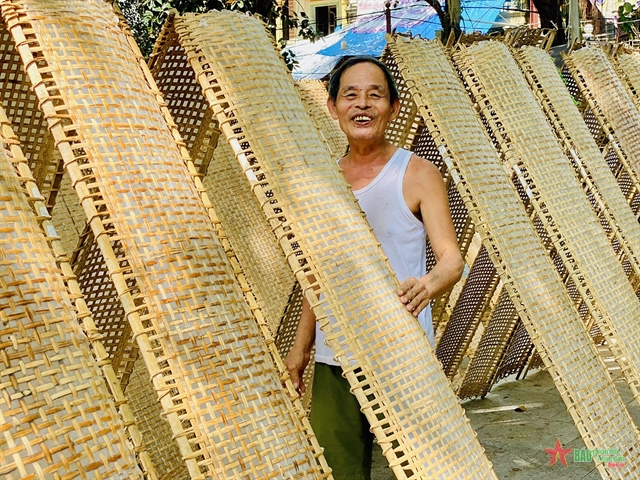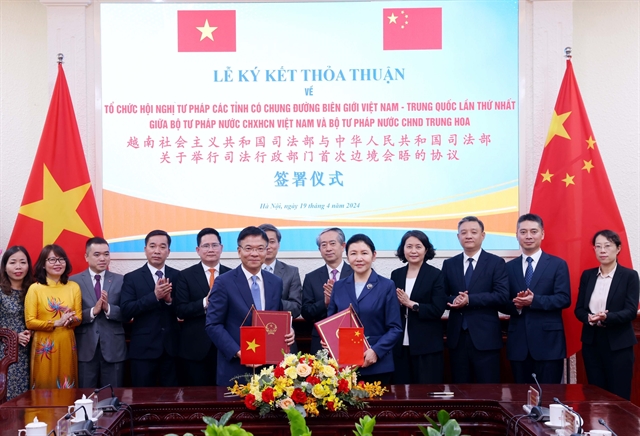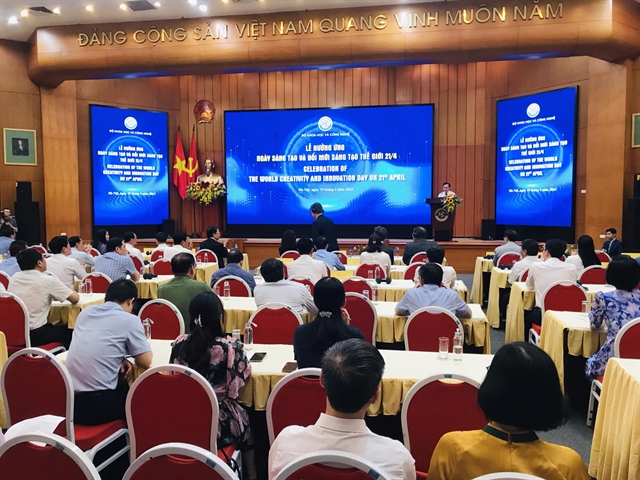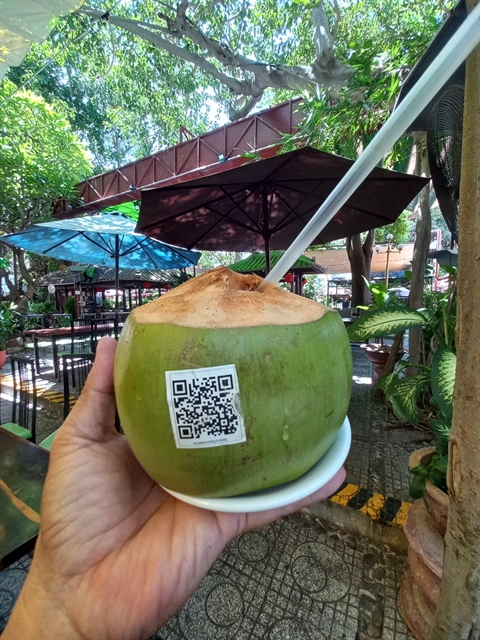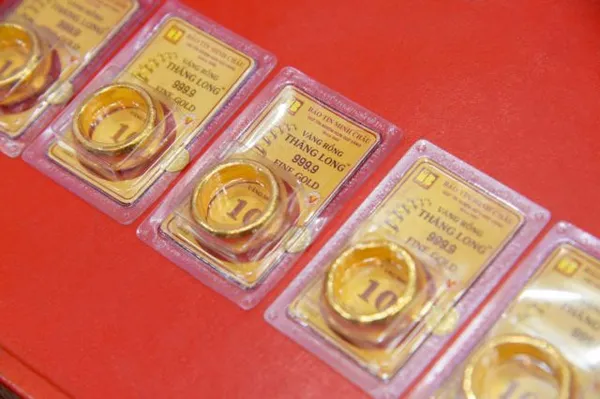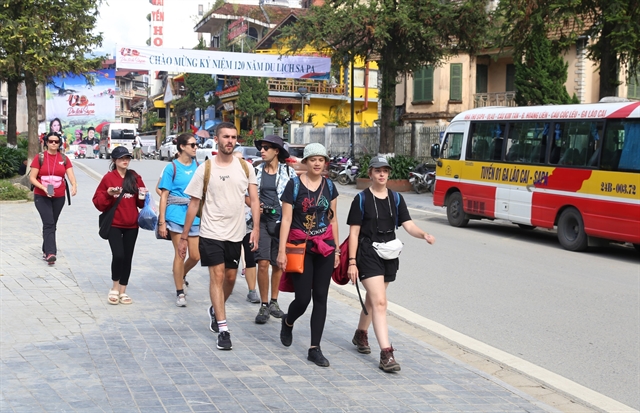 Economy
Economy

Việt Nam’s new import tariff, part of the ASEAN Trade in Goods Agreement (ATIGA) for 2016-18, has come into force.
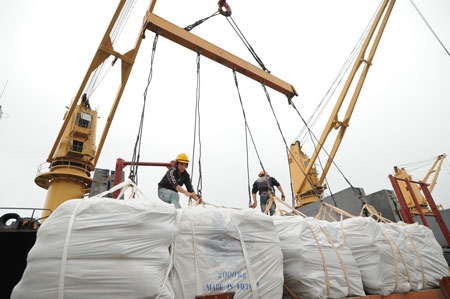 |
| Workers load goods at a domestic port. The Government has issued a new import tariff as part of the ASEAN Trade in Goods Agreement for 2016-18. — Photo fimexco.com.vn |
HÀ NỘI — Việt Nam’s new import tariff, part of the ASEAN Trade in Goods Agreement (ATIGA) for 2016-18, has come into force.
Decree No 129/2016/NĐ-CP, which was issued on September 1 and took effect the same day, states that the tariff is to be applied to goods directly transported from exporting countries into Việt Nam.
The exporters must be ATIGA members, which include Brunei, Cambodia, Indonesia, Laos, Malaysia, Myanmar, the Philippines, Singapore, and Thailand.
Special treatment is also given to Việt Nam, in case goods are imported from non-tariff zones into the domestic market.
Goods must also meet origin regulations, as stated in the agreement, and exporters are to have certificates of origin, in a form stipulated by the Ministry of Industry and Trade.
ATIGA officially came into effect in May 2010 after member countries signed it in Thailand in February 2009.
The agreement aims at eliminating tariffs to foster trade among Southeast Asian nations, and support joint efforts to handle non-tariff barriers and promote co-operation regarding customs inside the bloc.
The Ministry of Finance said the participating countries were committed to following the roadmap:
- Brunei, Indonesia, Malaysia, the Philippines, Singapore and Thailand largely eliminated import taxes in 2010.
- Cambodia, Laos, Myanmar and Việt Nam eliminated some 90 per cent of their tariff lines in 2015, and 97 per cent in 2018.
Việt Nam already cut nearly 6,900 tariff lines, or 72 per cent of all tariff lines, to zero per cent in 2014. It slashed more than 1,700 other lines to zero per cent in 2015, the finance ministry said late last year.
Further, it said the country would cut nearly 700 remaining tariff lines, mainly "sensitive commodities", to zero per cent by 2018. Among these are automobiles and spare parts, vegetable oil, refrigerators, air-conditioners and dairy products.
The agreement is also set to help countries harmonise policies as members of the ASEAN Economic Community, which was established late last year. — VNS

